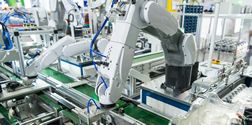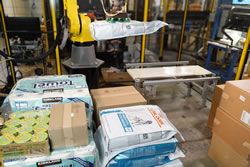Why Robots Are About to Change Everything AND WHY NOW
The convergence of AI breakthroughs and robotics is creating a moment for which the field has been waiting decades.
Aerospace's Automation Breakthrough: How Robotics and AI Orchestration Are Rewriting the Supply Chain
For aerospace, the next leap will come from integrating physical automation with AI systems capable of coordinating the flow of information across complex, multi-vendor, secure environments that protect confidential information all while transforming efficiency..
The Role of Emotional Intelligence When Implementing Industrial Robotics
Emotional intelligence remains a vital leadership skill for manufacturing and industrial leaders embracing robotics. Here's why it matters and how leaders can foster it, helping organizations reap the full benefits of automation while maintaining human-centric workplaces.
2025 Top Article - Redefining industries with robotics and AI
While robotics have been a staple in the automotive manufacturing industry for decades, the applications have now spread far beyond, reshaping industries from agriculture to healthcare and service industries.
2025 Top Article - The Future of Machining: Key Trends and Innovations
AI and robotics are seen to deeply disturb specialized industry sectors, bringing beneficial pioneering modernizations in machining, industrial manufacturing and machine shops. Elitsa Krumova explores the future of machining in more depth on behalf of DELMIA.
What is Agentic AI and is it here to stay?
Agentic AI is another concept that is slowly entering the vocabulary of professionals and the warehousing industry. How can it be used efficiently in the market, for what purposes, and what would be a potential timeline for adoption?
How an AI Consultant for Small Business Can Leverage Robotics for Smarter Operations
Hiring an AI consultant is like hiring a guide for a journey. They help small business owners avoid costly mistakes and find the quickest route to results.
Robotics and AI aren't just for corporations anymore—they're practical, affordable, and powerful tools for growth.
Let's Talk Technical with onsemi: Robotics and Physical AI
The discussion also emphasizes how AMRs, once limited to controlled indoor settings, are increasingly being adapted for outdoor and unpredictable environments, thanks to advances in sensor integration, edge computing and AI.
NEURA Robotics and NVIDIA Collaborate to Advance the Future of Physical AI in Germany
Much like an app store for robotic intelligence, the Neuraverse allows robots to share and continuously evolve their skills: from welding and assembly to household tasks like ironing.
How We Gave Fawn Memory: Building Persistent, Cross-Platform Memories for Emotional Intelligence in AI
The future of emotional AI doesn't just require intelligence-it requires memory that works the way human memory does, with all its contextual awareness, emotional significance, and imperfect but meaningful recall.
Physical AI: Embracing AIs Moment in Robotics
Manufacturers currently use automation to streamline workflows, enhance efficiency, cut costs, and meet growing consumer demands. Yet they face a myriad of disruptions such as labor shortages, limitations of current technologies, and costly downtimes on production lines.
TeknTrash Robotics and Sharp Group Launch Groundbreaking Humanoid Robot Pilot for Smarter Recycling
ALPHA is trained using real-time motion data collected from recycling operatives via VR headsets and the data is sent in real time to cloud servers. The data is then processed through IsaacLab and deployed to NVIDIA's GR00T framework for real-time inference.
How AI, Robotics, and Automation Power Next Generation Pack Assembly
Successful pack assembly systems balance throughput, quality, and safety in real time. Integration matters more than buying the most sophisticated robots; it comes down to seamless software logic, modular failover paths, and smart system design.
Addressing Challenges in Software Solutions for Robots and Physical AI
We leveraged our long heritage and leadership in robotics to create an AI software product that helps our customers overcome the challenges of traditional automation, accelerate set-up and deployment, and achieve greater ROI from their existing automation systems.
AI-Driven Grasp Depth Estimation
The core innovation of our new patent lies in its self-supervised approach to depth estimation. What that means is, the AI learns to judge the depth of an item it needs to pick up by using its own sensor data and the feedback it gets from its actions.
Records 1 to 15 of 165
Featured Product
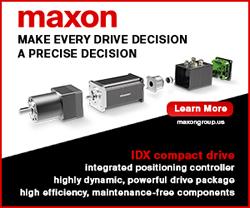
Strain Wave Gearheads by maxon - Highly precise, compact, and efficient.
Strain wave gearheads are ideal for use in applications requiring precision motion control and high torque transmission in a compact design. maxon strain wave gearheads are a specialized type of gearhead where precision and compact design are crucial. This type of gearhead is often used in applications in a confined space. With their advanced gear tooth design, maxon's strain wave gearheads provide high efficiency and good back drivability. Typical applications include: Robotics, Aerospace, Medical technology and Optical systems .
Robotics and Automation - Featured Company

CMES Robotics Inc.
Powered by AI, CMES Robotics enables 3D vision for factory robots. CMES AI vision software enables robots to recognize unstructured, flexible, or deformed objects, pick them up, and loading and unloading. CMES Vision software has been deployed worldwide for random palletization and depalletization along with void filling applications. CMES Robotics automates your warehouse, logistics, and supply chain.

.jpg)
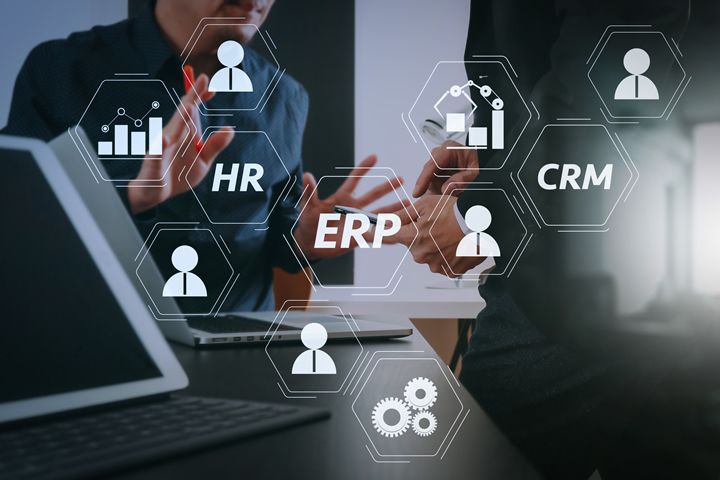



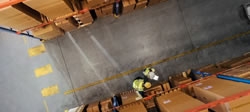
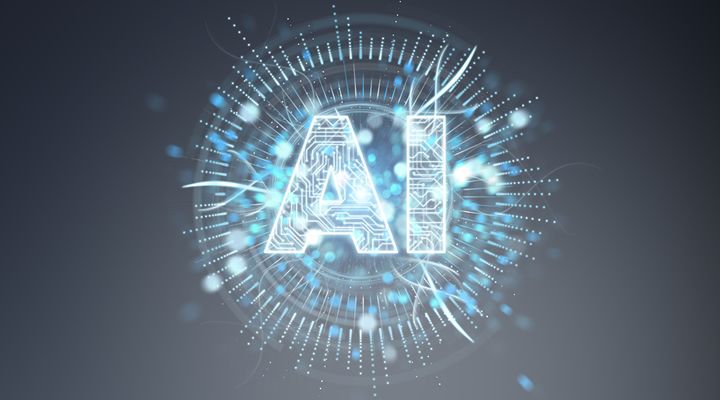

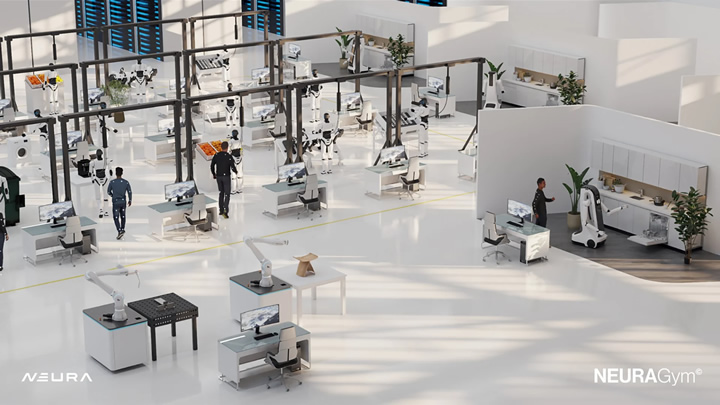
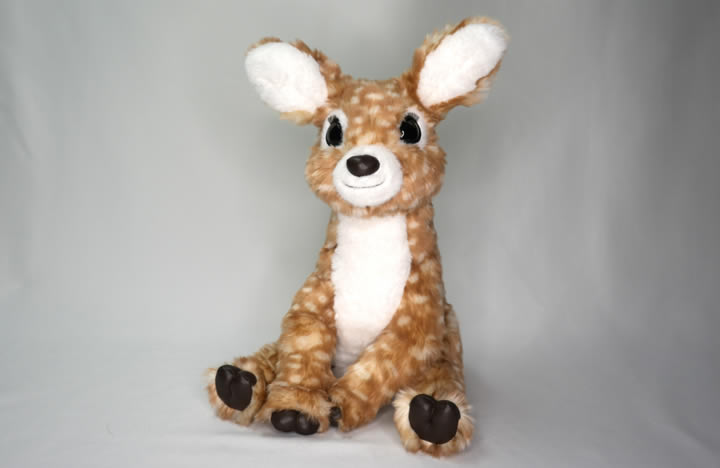

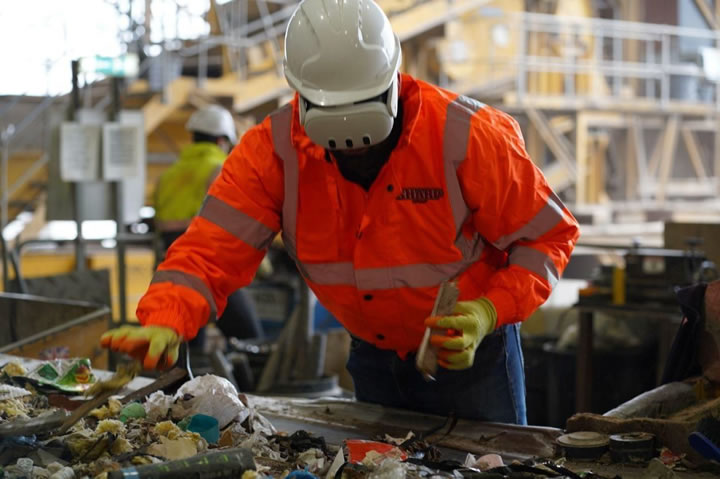
.jpg)
